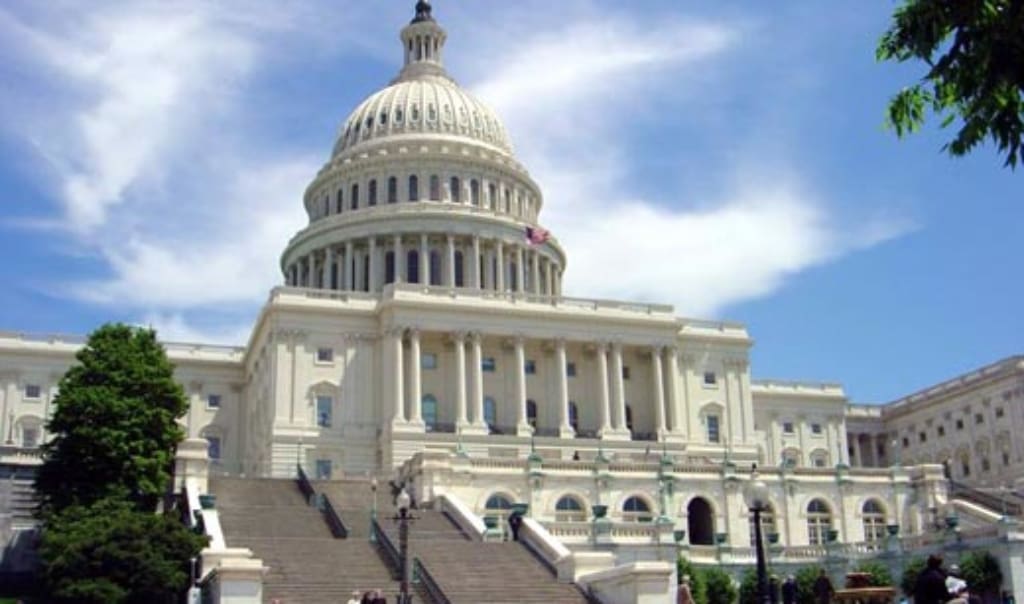
Federal Update
Mark Walker signs on as co-sponsor to HR1661 bringing NC’s total to 10 co-sponsors
On Monday, May 21, Rep. Mark Walker became the 10th North Carolinian to sign on as a co-sponsor of the Affordable Housing Credit Improvement Act. Now 10 of North Carolina’s 15-member delegation have signed on as co-sponsors. If you are in Rep. Walker’s district, please take the time to reach out and thank him for his support.
Bank Regulations Rollback
Yesterday the House of Representatives passed the Economic Growth, Regulatory Relief and Consumer Protection Act. The act removes key pieces of the Dodd-Frank legislation. The bill now moves to the President’s office for final approval. The bill includes controversial elements, including exempting 85 percent of banks and credit unions from the Home Mortgage Disclosure Act (HMDA) that requires them to report the race, sex and credit scores of applicants. For more information, you can look at the Center for Responsible Lending description of the bill.
House Subcommittee’s FY19 THUD Bill Maintains Increased Funding for Housing
On May 15, the Transportation, Housing and Urban Development (THUD) Subcommittee released its fiscal year (FY) 19 spending bill. The bill maintains the 10% increase in HUD funding from the previous budget agreement. It also did not include the rent increases and work requirements that were proposed. For a more detailed analysis, read Novogradac’s write-up. If you have a moment, take some time to thank the committee’s Ranking Member David Price (D-NC) for his work on this bill.
HUD Withdrawing Affirmatively Furthering Fair Housing Tool
HUD has announced that it is withdrawing its assessment tool developed in the Obama administration, that provided communities with data to assist them in affirmatively furthering fair housing (AFFH). In addition it is indefinitely suspending the rollout of the AFFH rule. For more detail, visit the National Low Income Housing Coalition.
State Update
North Carolina Opportunity Zones Certified by the US Treasury Department
On May 18, the United States Treasury Department certified 252 areas in the state as official North Carolina Opportunity Zones. The U.S. Department of the Treasury is still in the process of developing the rules that will govern the program. For more information, visit the NC Department of Commerce’s website.
Legislative Session Begins
The North Carolina General Assembly gaveled in to session on May 15. If all goes according to plan, the state budget will be released sometime this weekend and passed by June 1. The North Carolina Housing Coalition has been working with appropriators to increase the funding for the Housing Trust Fund and Workforce Housing Loan Program. While we are confident that we will continue the trend of increased investment in housing at the state level, the process is largely happening behind closed doors. Thank you to all of you who responded to our action alert the week before the session began.

Local Update
Carrboro
Carrboro Town Manager David Andrews proposed a $22.8 million dollar operating budget that included a tax rate increase of a half-cent per $100 of assessed value, or about $15 on a $300,000 house. That would generate about $112,500 for the town’s dedicated Affordable Housing Fund. In FY 2018-19 each penny on the tax rate is projected to generate approximately $215,206. To mitigate this impact on low income homeowners, property tax relief is available for the elderly, permanently-disabled persons, and veterans who meet income and other specific exemption requirements.
Wake County
Wake County Commissioners are currently considering whether to raise property tax rates to 64.4 cents per $100 valuation, or a 2.9-cent increase for FY19. The proposed plan includes a 1-cent property tax increase, or about $15 million dollars, for dedicated affordable housing funding. This funding would be used to add 2,500 affordable homes and apartments over the next five years. It also would work toward ending veteran homelessness in Wake County by 2021.
Orange County
Orange County Board of Commissioners must decide whether to raise the tax rate by five cents per $100 of assessed property value now or potentially by 7.95-cents over the next four years. A portion of this funding will go towards affordable housing initiatives including a $100,000 pilot program for providing local housing vouchers to move families off the county’s waiting list and supplement federal Housing and Urban Development Section 8 vouchers for 10 to 15 families. The proposed $226.8 million budget would continue county spending at roughly the same level next year.
Reports
Terner Center for Housing Studies: A ‘Safe Haven’: Resident Stories Convey the Benefits of Affordable Housing
US Department of Housing and Urban Development: Displacement of Lower-Income Families in Urban Areas Report








